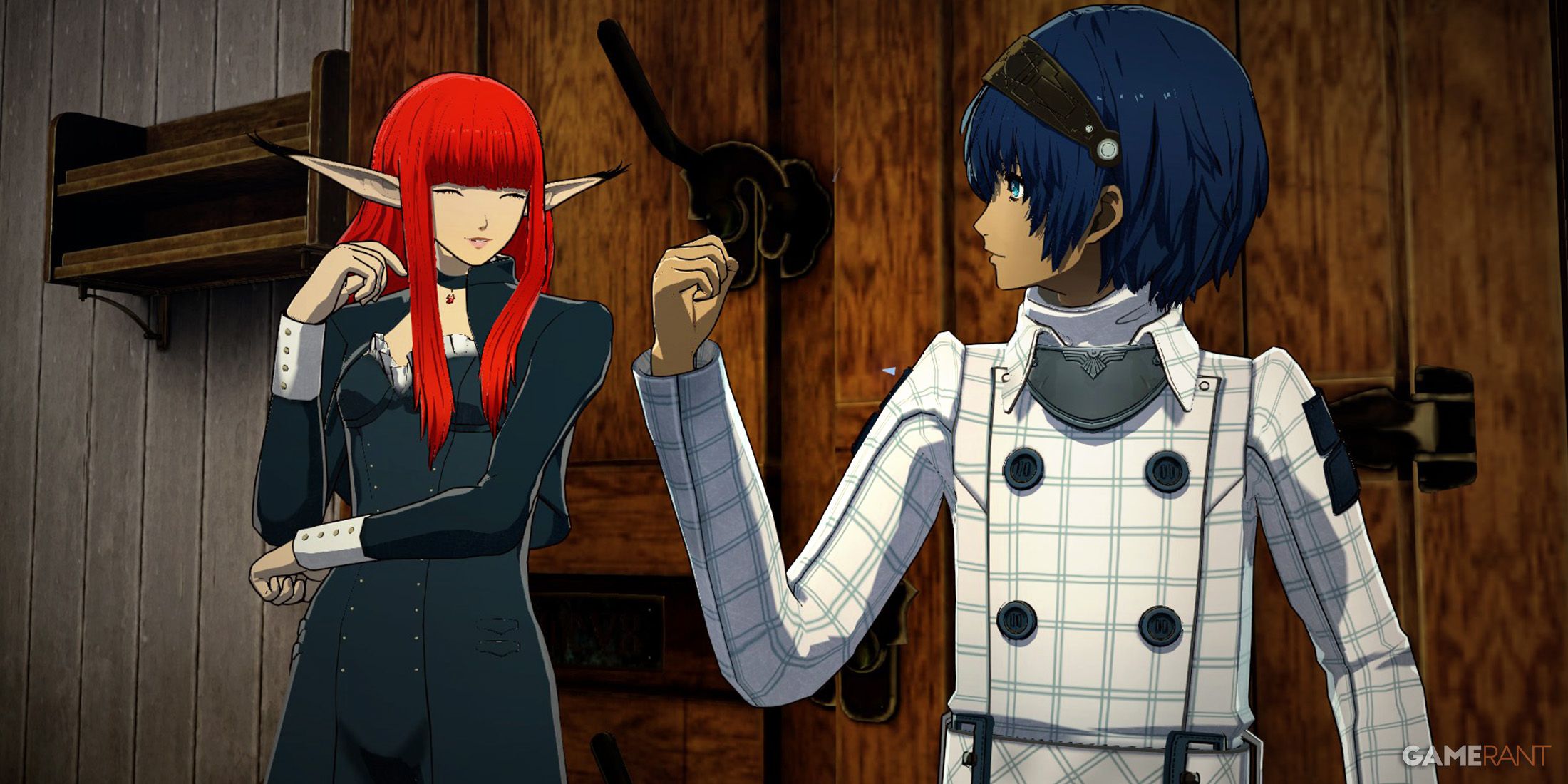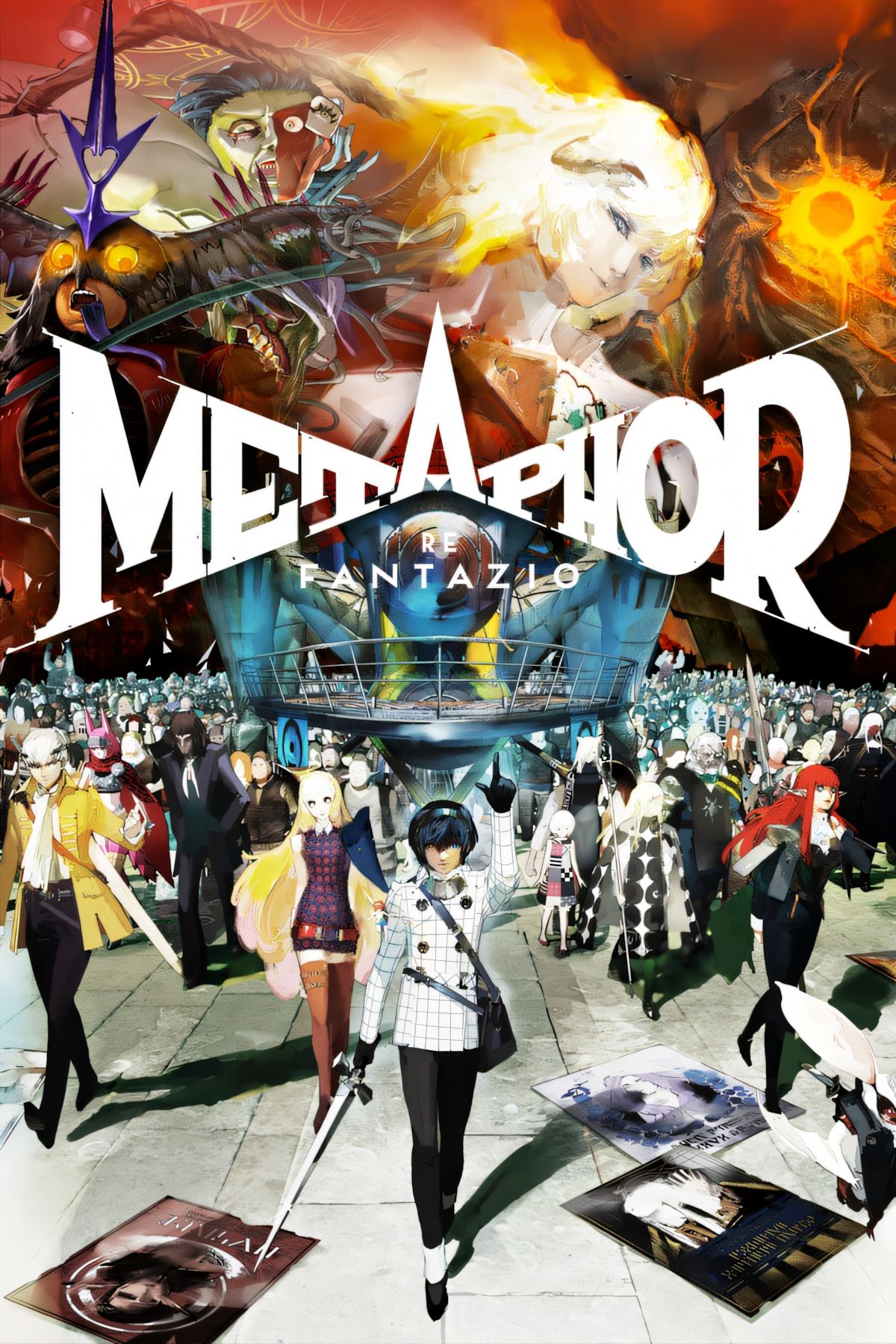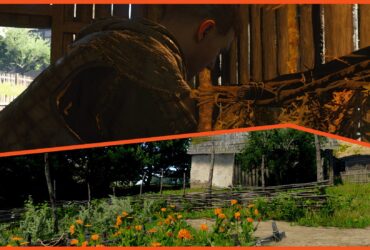As Metaphor: ReFantazio shines a spotlight on the United Kingdom of Euchronia, it highlights the good, the bad, and the ugly. The Kingdom has plenty to offer, and though the streets of Euchronia lie rampant with the tribal prejudice that ignites its race for the throne, there is a beauty to its world, too, that exists in the smaller moments. This is exemplified by the protagonist’s royal virtues, a mechanic in Metaphor that goes beyond a social stat meter to effectively convey the ups and downs of life in Euchronia, helping both him and the player to gain a more worldly view that they will need to stand in the King’s Trial.
The social stat system that has come to define modern Persona takes point in Metaphor: ReFantazio in a way that considers what a king would need to rule. Courage, wisdom, tolerance, eloquence, and imagination make up the five royal virtues, and as the protagonist polishes these traits, so too does he learn more about the plights of Euchronia’s people. The royal virtues exist more than as a system to consider the player’s progression points for bonds, bolstering the game’s world-building and NPCs while tying organically into the narrative; making impassioned pleas to the people, reading the journals of the party, and even playing chess with Hulkenberg are just some of many activities that raise these stats, helping Metaphor‘s race feel more fulfilling along the way.

Related
Metaphor: ReFantazio Poll Reveals the Game’s Most Popular Characters
Atlus shares the results of a fan poll on the most popular characters from Metaphor: ReFantazio, its latest critically acclaimed RPG.
Social Stats in Accordance with World-Building
While raising social stats runs the risk of feeling like a chore, Metaphor sidesteps this by considering what these stats actually mean in the context of its world. Debating with other candidates takes skill, where proper retorts yield more eloquence points; tolerance in Metaphor is built through actually listening and engaging with tribes like the Mustari, learning more about their persecution and desires for equality. The on-the-go premise of the King’s Trial necessitates that the party consistently move forward to new locales, and thus the activities to build upon royal virtues are consistently available in different contexts and insights, making its world feel properly lived-in, struggles and all.
Pacing and the Calendar System
This attention to detail considers the pacing of Metaphor‘s calendar system well, as both Euchronia’s locales and the gauntlet runner are a fount of royal virtue resources. Perhaps the most successful is its book-reading mechanic, a feat seen in modern Persona, too, but one that takes prominence in Metaphor‘s story through its inclusion of written works by the other members of the party. There is some genuinely engaging dialogue featured in Metaphor‘s books that raises larger questions about Euchronia from the many lenses the Kingdom offers, whether that be the bygone days of Heismay and his son, lost senselessly in one of the Kingdom’s riots, or Basilio’s literacy workbook that shows his efforts toward learning to read and write. Helping to facilitate these conversations is Gallica, who learns just as much as the protagonist through these discussions.
Strengthening the Race for the Throne
As Metaphor‘s very premise hinges on the idea of envisioning a better future for its world, raising imagination through More’s quests is just another way that the mechanic goes hand-in-hand with its narrative. The same is true of the natural side of Euchronia’s Kingdom, where gazing out onto its vistas, both the ones offered along the gauntlet runner’s many routes and those in Euchronia’s primary locales, can expand the protagonist’s worldly view, demonstrating the beauty that exists within the Kingdom while evidencing the fall of its prior civilization. Metaphor‘s world abounds with magla, and seeing just how much magic has affected its world, both to its gain and detriment, is another way that the game’s race for the throne feels impactful.
Weaving its social stat mechanic deftly into its world-building, Metaphor: ReFantazio uses its royal virtues as a conduit for its setting and NPCs to tell of Euchronia’s many facets. Playing chess with Hulkenberg opens up conversations about the past as she stresses the importance of honing both the body and mind; Strohl speaks of swords being ornamental for the noble class, which hits even harder when considering how Euchronia’s military, full of “lesser” tribes trying to make a living, fall like pawns to Euchronia’s Humans and other monsters. The protagonist’s social stats may exist on a numeric type scale, but the way it is used in Metaphor‘s narrative makes the royal virtues feel like actual learning and growth, showing how the protagonist grows with the King’s Trial.

RPG
JRPG
Action
Adventure
- Released
-
October 11, 2024
- ESRB
-
T For Teen // Blood, Language, Mild Suggestive Themes, Use of Alcohol, Violence
- Developer(s)
-
Studio Zero
Source link












Leave a Reply